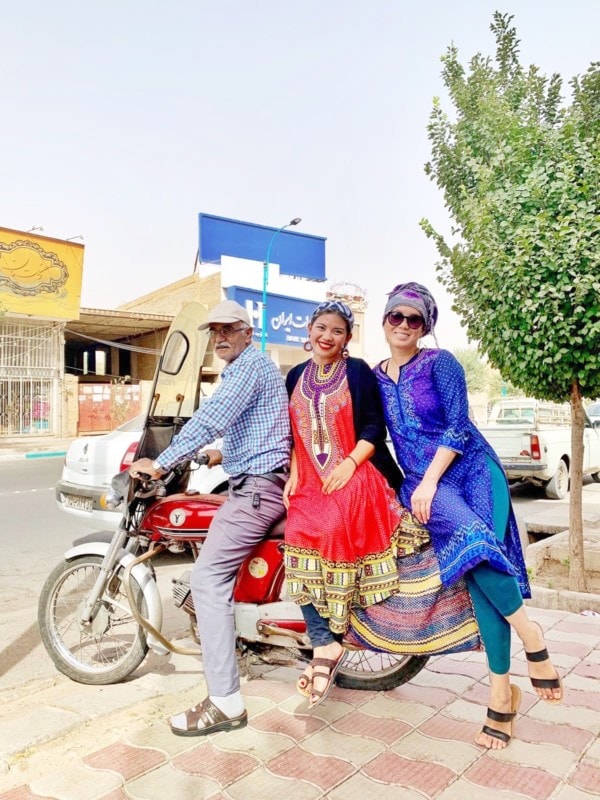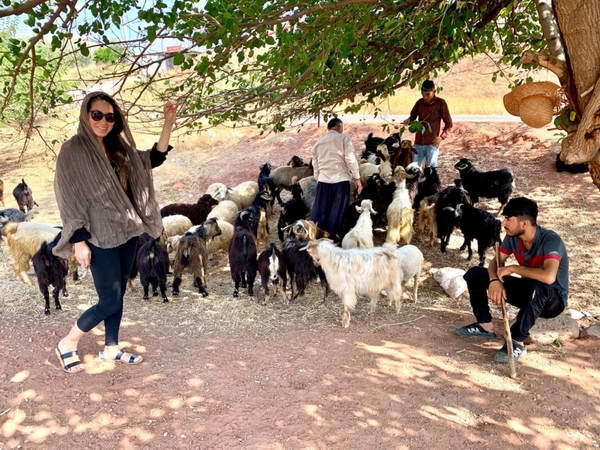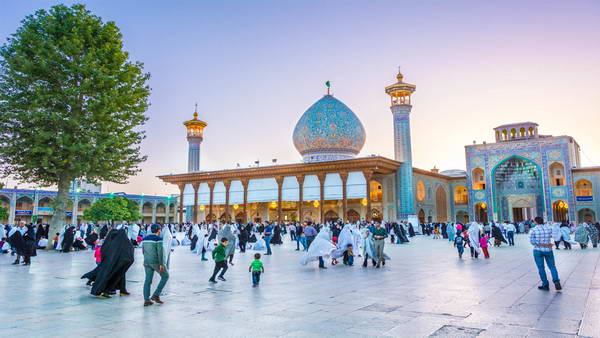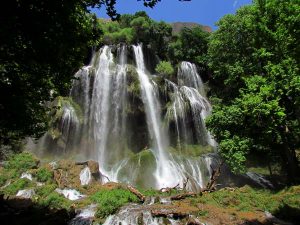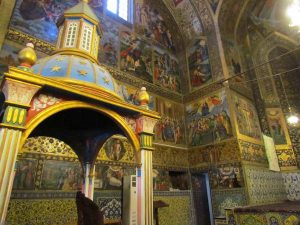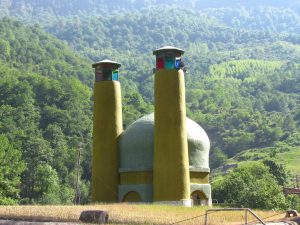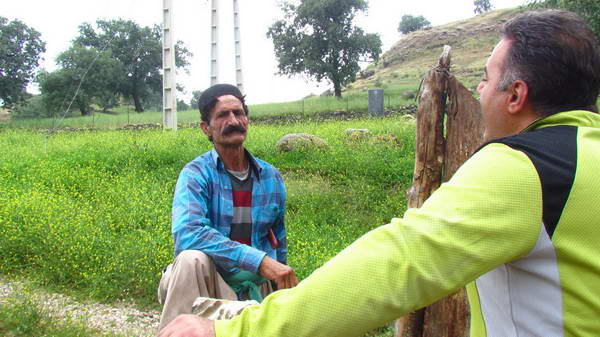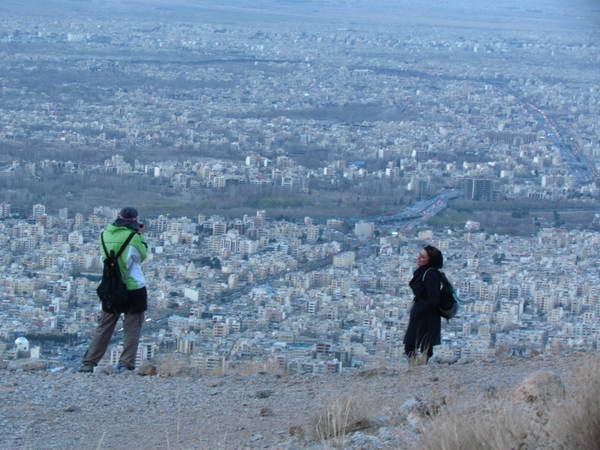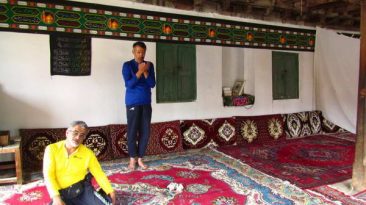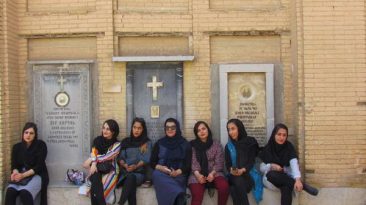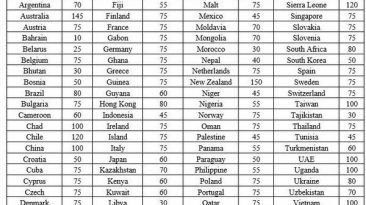Undoubtedly, one of the most important attractions in traveling to Iran is the cultural attractions of Iran.
In Iran, you will meet hospitable and warm-hearted people and families who welcome tourists with open arms and offer their facilities to them.
In Iran, you will encounter different ethnicities, each with its own culture, but at the same time sharing altruism and hospitality.
You will see religious ceremonies in Iran that may be interesting to you. Apart from that, other traditional ceremonies such as ancient sports also have their charm.
Iran is also the cradle of traditional art and music, and these may water your soul.
If you stay in Iran for a long time, you will still face many cultural attractions that will not end there.

Almost all tourists who have visited Iran are fascinated by the Iranian people and their culture. For instance see the opinions of Joan Torres in his website about the people of Iran and their culture :
Iran is a highly educated society – Iran is the developing country with the largest number of highly educated people I’ve ever traveled to. Even in very rural, remote areas, such as Golestan, I met people who had Ph.D. degrees from Barcelona and Cambridge.
Iranians are not Arabs – People in Iran are not Arabs but Persians, which is a completely different ethnicity.
Nevertheless, it is ethnically diverse – From the Kurds in Iranian Kurdistan to the Turkmens of Golestan and the Arabs from the Persian Gulf shores, in Iran, there are several ethnic minorities.
Hospitality in Iran – Iranians are famous for their hospitality. Don’t be surprised if someone who you just met 5 minutes ago invites you to his house, a random dude who you never talked to pays for your meal and, basically, everybody treats you like a king. They love foreigners and are striving for the world to realize that they are a very peaceful society.
Do accept house invitations – You can’t say you have entirely traveled to Iran if you didn’t have a meal or stay at someone’s home. Just say yes. If you get slightly off the beaten track and having a meal at a stranger’s house is 100% guaranteed.
Wait, what is tarof? – If you are traveling in Iran for long enough and have experienced strong local interactions, the locals will tell you about something called tarof. Basically, tarof is when a local tries to pay for your meal (or anything else) just because it is in their cultural code but they don’t really want to. Say no and, if they insist more than 3 times, it means that it was a real invitation. However, if they back off, it means that it was a bluff, so this is called tarof.
Officially, the weekend is on Thursday and Friday – Iran follows the official Muslim calendar, so Friday is the official day off and, for most companies and the public sector, Thursday and Friday is the weekend.
Most Iranians are Shia – Iran is the country with the largest Shia population.
However, there are Sunni minorities – In Balochistan, Golestan, Kordestan and the Persian Gulf, there are significant Sunni communities.
Even in this situation, many Iranians are not religious at all – Across your journey, you will meet many Iranians from all ages who don’t care about religion at all, more than in any other Middle Eastern country. This is because, before the 1979 Revolution, Iran was quite secular.
Tips & Guide To Travel To Iran
